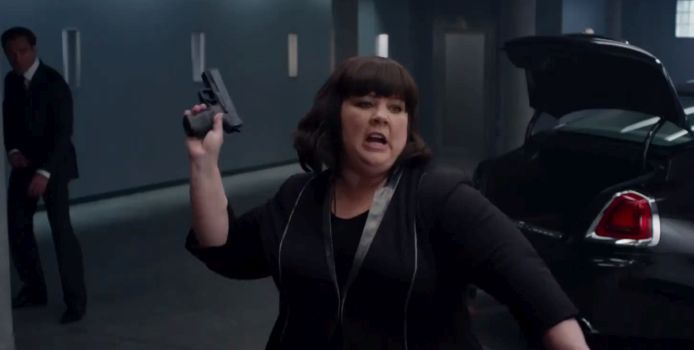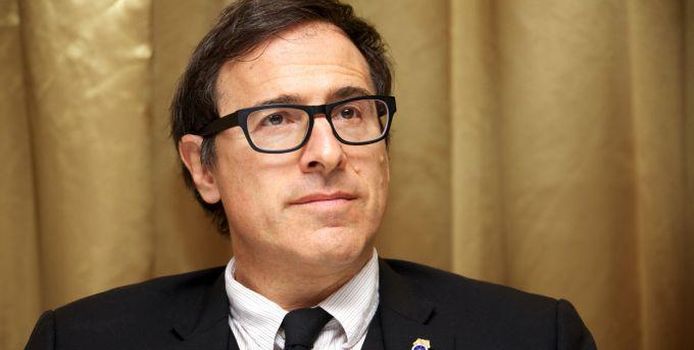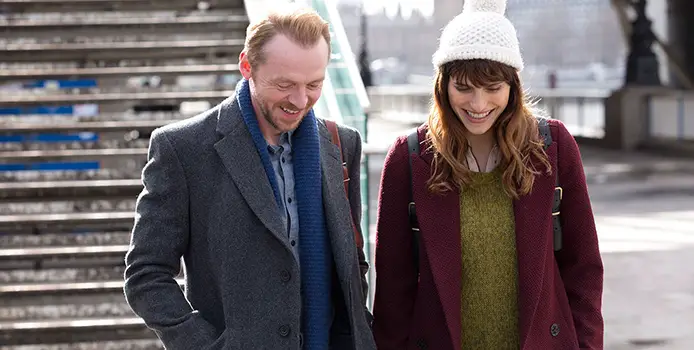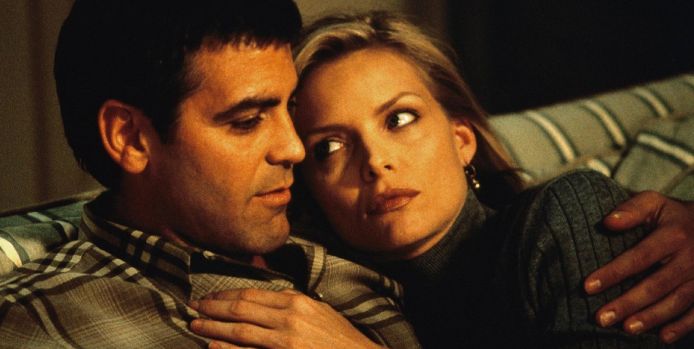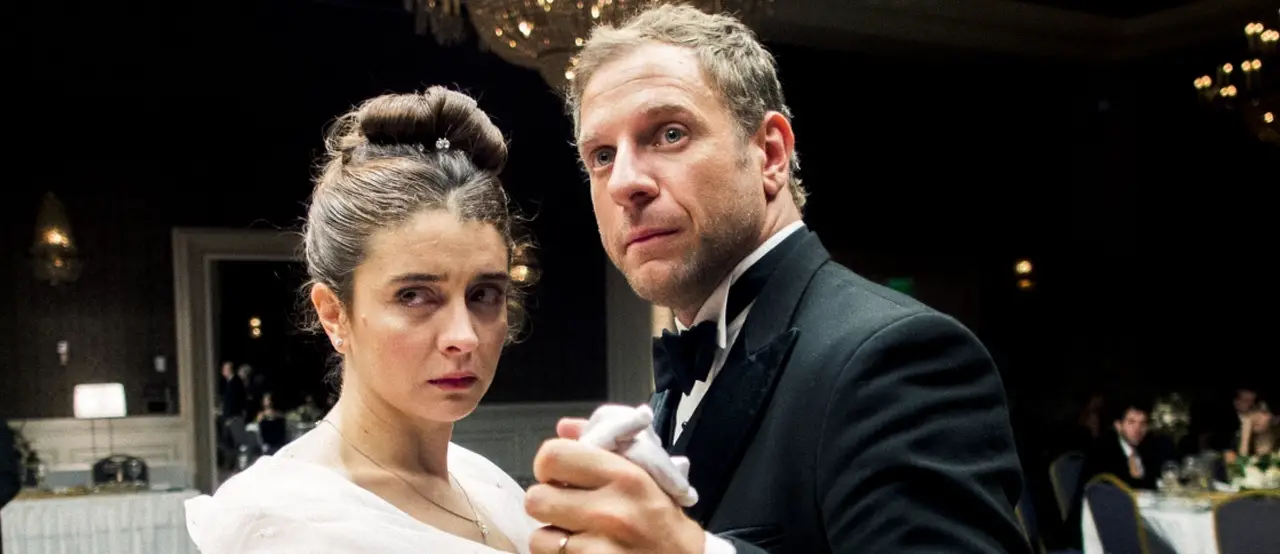comedy
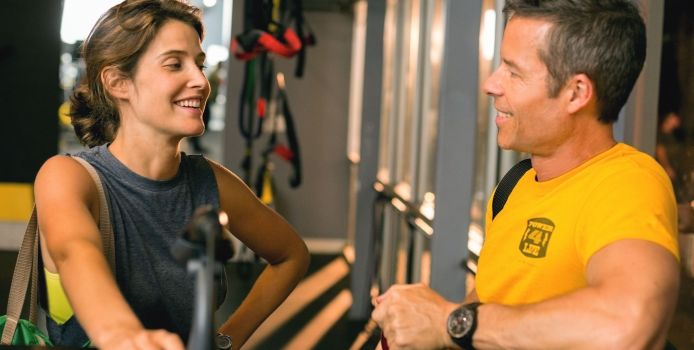
At the start of Andrew Bujalski’s latest film, Results, Danny (Kevin Corrigan) entreats his wife, Christine (Elizabeth Berridge), from the street below the open window of their New York apartment to let him back into the marital home. She closes the window, so he grabs its ledge in an attempt to pull himself up to and through the plate glass barrier. Danny, who carries Corrigan’s rosaceous, wan features, brittle hair, and generous paunch (sorry, Kevin), quickly drops to the ground.
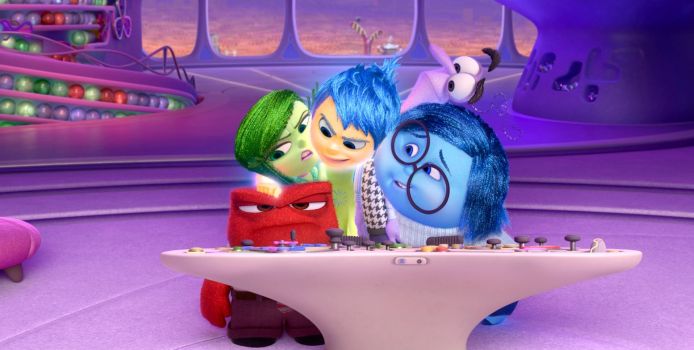
Inside Out is the latest in a long line of Pixar films that deal with the personification of something that you may have thought to be emotionless. Rather than bugs, toys, or fish this time, though, it is dealing directly with emotions themselves. What if the inner workings of our head were similar to an operational business, where our emotions literally guide and influence the actions in our daily life?
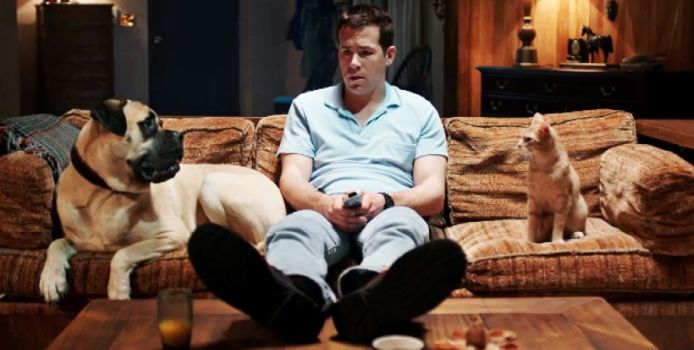
The Voices, the English language debut of French-Iranian director Marjane Satrapi, unarguably gives Ryan Reynolds the best acting role of his career. Sadly, his gleefully maniacal performance is the sole positive – and that is most likely due to the lack of interesting roles he’s been given throughout his career that make this performance stand out in comparison. The character he’s playing is badly devised and written, yet Reynolds somehow manages to make the character compelling.
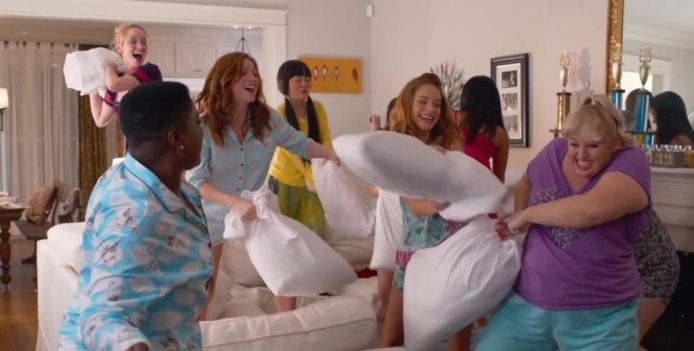
For most people Pitch Perfect wasn’t something they saw in the cinema. They watched in on DVD on a whim or chanced it after hearing about it from a friend. Released just as Anna Kendrick and Rebel Wilson’s careers were on the rise (and was possibly one of the films that gave them a leg up) it initially went under the radar, but as the years have passed the film has garnered great reviews and the Barden Bellas now have a huge fanbase.
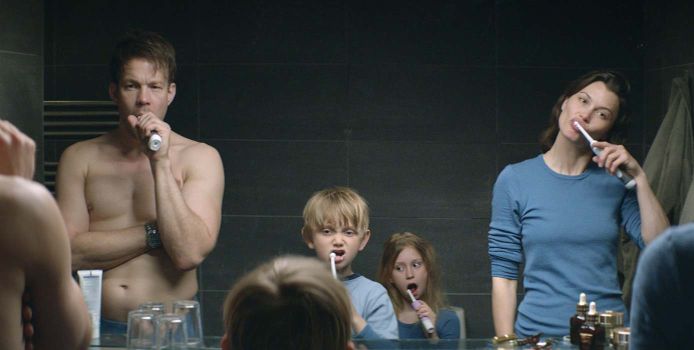
Fun relies on spontaneity. If you over-plan something, the less likely it is that people are going to have fun, because nothing will ever live up to expectations. Happiness equally relies on spontaneity and equally cannot be forced; the family in Force Majeure appear to be happy as the movie starts, yet look closely and you’ll see everything isn’t so straightforward.
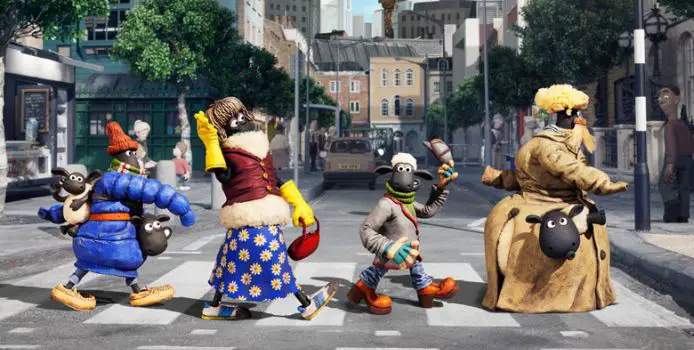
There is no formula for making a perfect kids film, yet studios have set up entire animated devisions that churn out movies under the tried-and-tested “jokes for the parents and jokes for the kids” formula. The twin assumptions that filmmakers don’t feel children are sophisticated enough to understand certain jokes in a movie tailor-made for them and that parents also need to be pandered to in order for them to enjoy the film are relatively new. After all, back in the early days of silent cinema, most movies were experiences for the entire family, with everybody (no matter how young or old) being catered to equally.
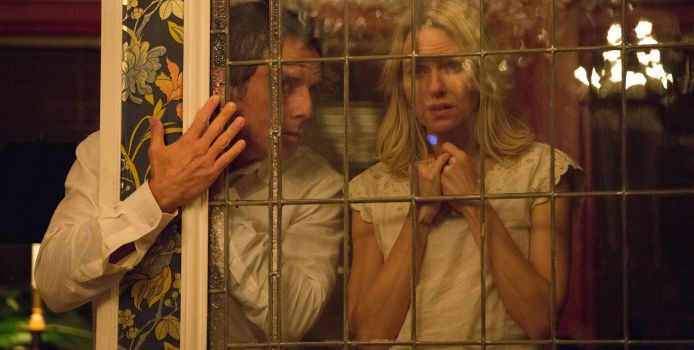
No matter how good their circumstances are, many young people wish they were born in a different time, in a different place, belonging to a different generation they believe they fit in with more. This is almost definitely due to the influence of pop-culture; the 80’s weren’t exactly the best time to live in, yet show a John Hughes movie to any impressionable teenager and they will almost definitely long to have lived in that time period. While We’re Young, the best film to date from director Noah Baumbach, takes a unique look at this theme in the space of one of the best movie montages in recent memory – whereas the young, hipster types long to live in an area of vinyls, VHS tapes and typewriters, the ageing are trying to stay relevant to today, filling their lives with useless technology in order to stay relevant in an ever changing society.
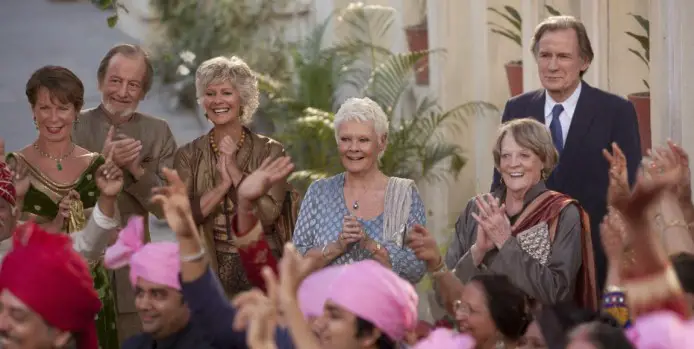
I have to admit, I was a little excited to see that a sequel had been made to The Best Exotic Marigold Hotel. I had liked it and was curious as to what had happened to the characters. But what is more, I went to see the first film with my grandmother and I knew how much she and her friends liked it.
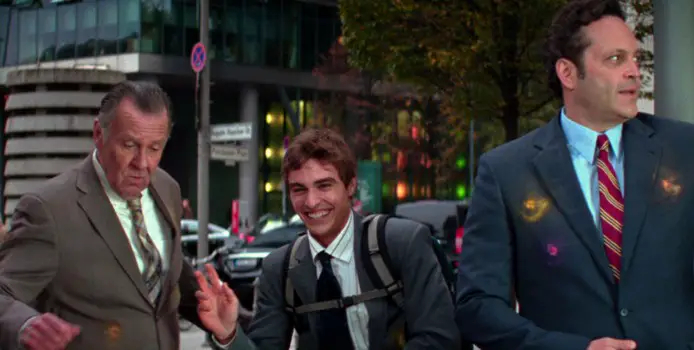
Unfinished Business was something of a surprise to hear about, but the combination of Vince Vaughn, Tom Wilkinson and Dave Franco was enough to convince me that it might be worth a shot. Coming across as a clichéd but entertaining story of down on their luck business men on a European jaunt, I expected some impressive improvisational comedy from Vaughn, some gravitas from Wilkinson, and maybe something worthy of note from Dave Franco (who was great in Now You See Me). But, as we all know, expectations are a dangerous thing.
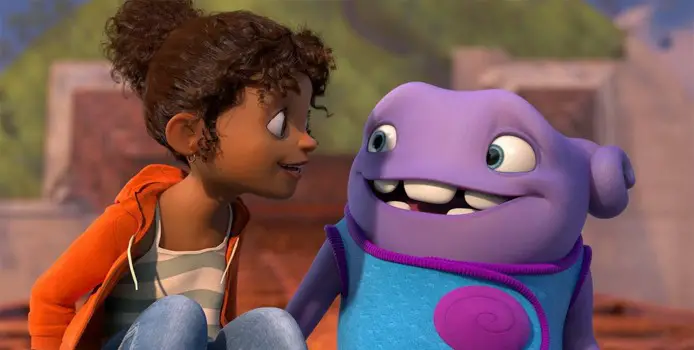
An animated film that is targeted towards young children should be colorful, with lots of movement and hopefully an outlandish character or two. Most importantly, though, it must have heart. It should tackle themes that are important to kids, and provide lessons that they can take away from the cinema and begin to apply to real life, not just in the way that they behave but also in the way that they understand the world around them.


